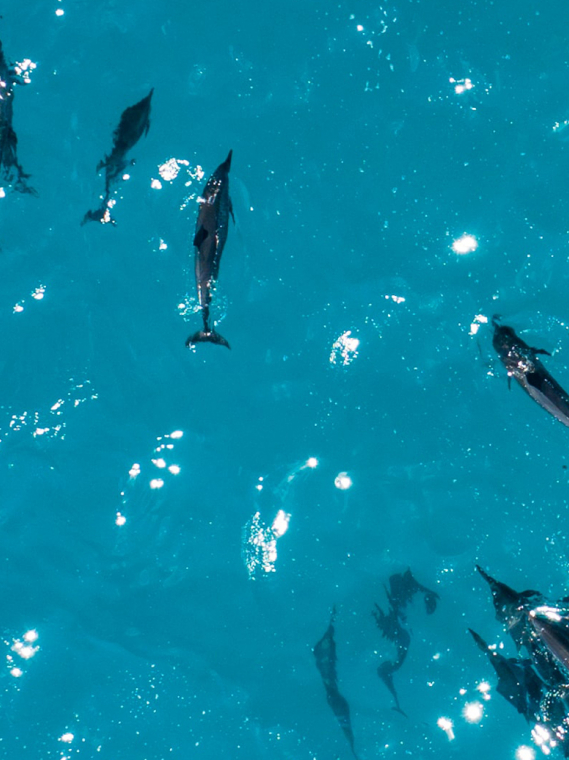
Bycatch – what’s the issue?
Orca
August 19, 2021
In the future, dolphins, porpoises and whales won’t get caught in fishing gear – that’s our goal. Entanglement in fishing nets and gear is known as ‘b...
WDC’s anti-captivity campaign has always had a broad international reach but in the last ten years or so it’s become clear that the next major battleground in the fight to end this cruel and outdated practice is China.
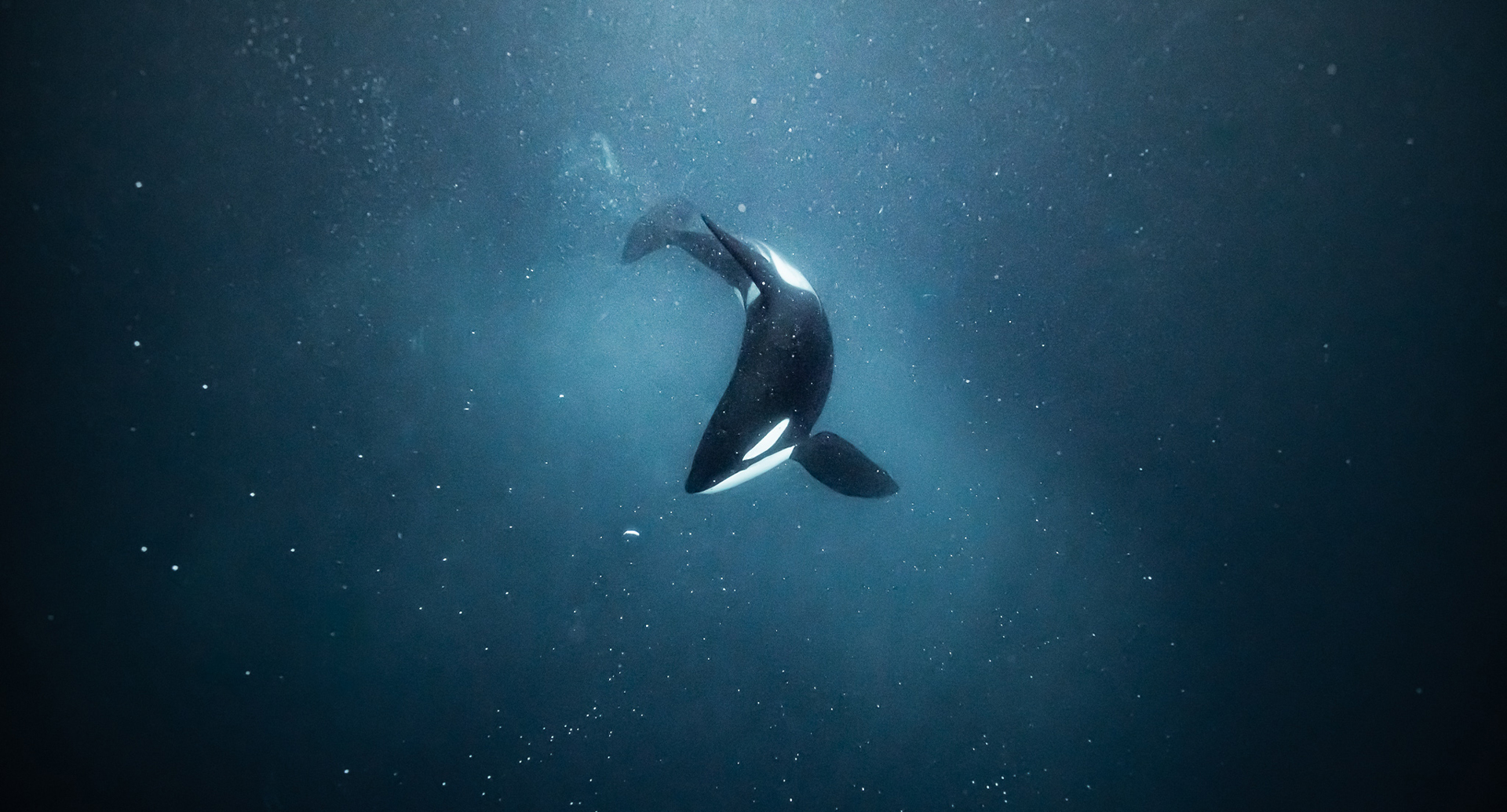
WDC - WHALE AND DOLPHIN CONSERVATION
WDC’s anti-captivity campaign has always had a broad international reach but in the last ten years or so it’s become clear that the next major battleground in the fight to end this cruel and outdated practice is China. A few years ago, we joined up with other international conservation and protection organisations and became a part of the China Cetacean Alliance (CCA). This platform has given us a powerful voice to raise awareness and educate the Chinese public on the negative welfare issues caused by the wild captures and the subsequent impoverished lives whales and dolphins (cetaceans) lead in ocean parks across the entire mainland of China.
For many years, Chinese facilities had been sourcing wild belugas from Russia and dolphins from the Taiji drive hunts in Japan and then in 2013 the first wild orcas were brought in from the Russian Far East. The following few years lead to a steady flow of orcas coming into China to satisfy the explosion in marine parks (all with full order books) wanting to display whales and dolphins.

The work of the China Cetacean Alliance has established that in 2021 there are 85 facilities holding whales and dolphins in captivity with a further 34 parks currently under construction. It is estimated that a total of 1,082 cetaceans are held, which is an increase of 80% in just five years.
There are currently 15 wild-caught orcas in China, the majority held at Chimelong Ocean Kingdom in Guangdong Province. In 2015, Chimelong announced that nine orcas – five male and four females - would become the country’s new breeding facility. Just this month, we heard that Cookie, one of the performing orcas at Shanghai Haichang Ocean Park, gave birth to a calf who is said not to be in good condition. Cookie herself was estimated to be just three years of age when she was taken from her family in Russia in 2015.

Famously, the ‘great firewall’ of China, doesn’t allow international social media platforms such as Facebook or Twitter an online presence in the country. The Chinese government controls all internet content and restricts, deletes, or bans content it deems is not in the interest of the state.
The work of the China Cetacean Alliance has instead relied on Weibo, a hugely popular in-country social media platform to document its investigations of marine parks and expose the shockingly poor welfare issues and practices. The CCA has publicly exposed over 300 cases of welfare concern to its 150,000 Weibo members with over 60 million readers annually seeing the posts.

As a direct result of CCA’s investigations and increasing public opposition, twelve marine mammal circuses have been stopped through a lack of permits.
Since 2014 CCA members and invited marine mammal experts have delivered numerous presentations and attended many events to inform the public of the welfare and conservation issues associated with the capture and keeping of cetaceans in captivity. These in-person events have reached over 25,000 people.
WDC’s new collaboration with ORCA will now take our work in China to the next level. It will allow our coordinator in China to develop and grow our international reach by expanding our English-speaking website and social media platforms. This crucial work will facilitate more information becoming available in English that can then be used to shine a harsh international spotlight on what is going on with whale and dolphin captivity in the country.

The need has never been greater. Just recently, a Dutch facility, Dolfinarium Harderwijk, announced its intent to ship eight bottlenose dolphins (along with sea lions and walruses) to a facility in China. This action came about over concerns from the Dutch authorities about conditions and practices at the park. This, on one hand, is good news that an EU member state is concerned about the dolphins’ welfare. However, moving these sentient, socially complex creatures half-way around the world to an uncertain future, which undoubtedly will include breeding and show performances, is not in the dolphins’ best interests at all! Surely, better that the Dutch facility consider a retirement sanctuary option for its dolphins like the one WDC, in partnership with SEA LIFE Trust Beluga Whale Sanctuary, has developed in Iceland. Here, wild- caught, ex-captive belugas were moved from a concrete tank in Shanghai to an open water sanctuary site off the south coast. This ground breaking project is a world first and sets down a blueprint for other sanctuary sites to follow.
ORCA’s valuable contribution to our vital work is helping to shift the dial to a more enlightened and respectful attitude to animal welfare and to ultimately end the suffering of these magnificent creatures just in the name of ‘entertainment’.

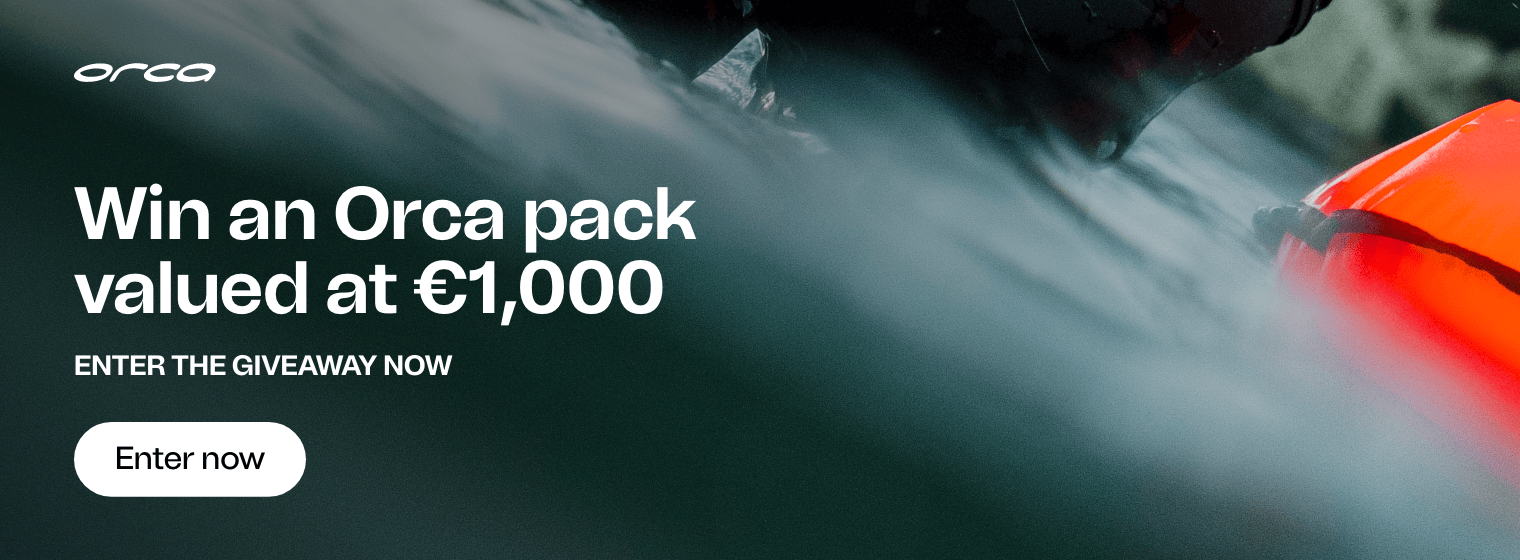

August 19, 2021
In the future, dolphins, porpoises and whales won’t get caught in fishing gear – that’s our goal. Entanglement in fishing nets and gear is known as ‘b...
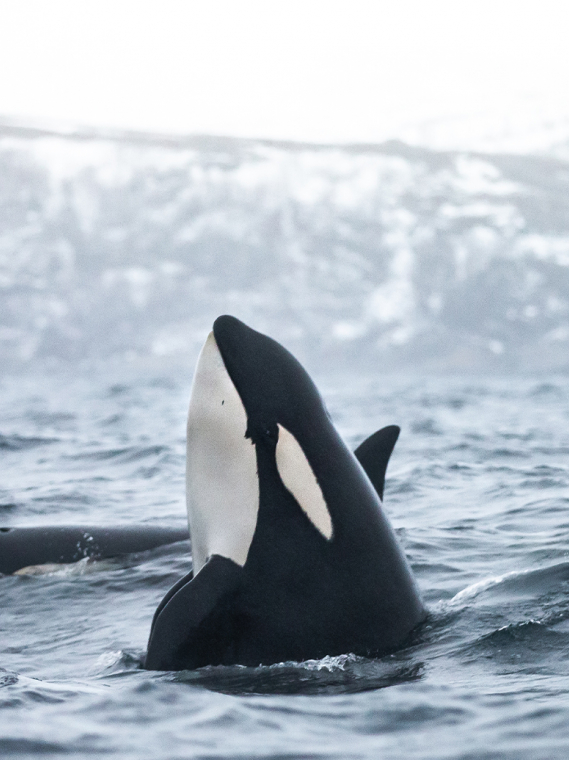
July 14, 2021
Taking advantage of the fact that today is World Orca Day, we would like to put the spotlight on a problem that concerns us: the capture of whales. Ou...
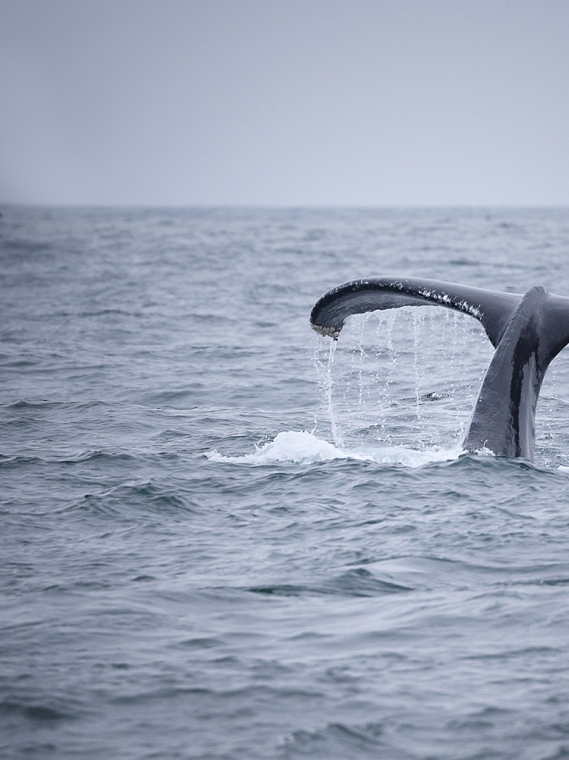
May 27, 2021
Our friends at Whale and Dolphin Conservation tell us about one of the biggest threats facing killer whales: captivity. To help us understand how livi...